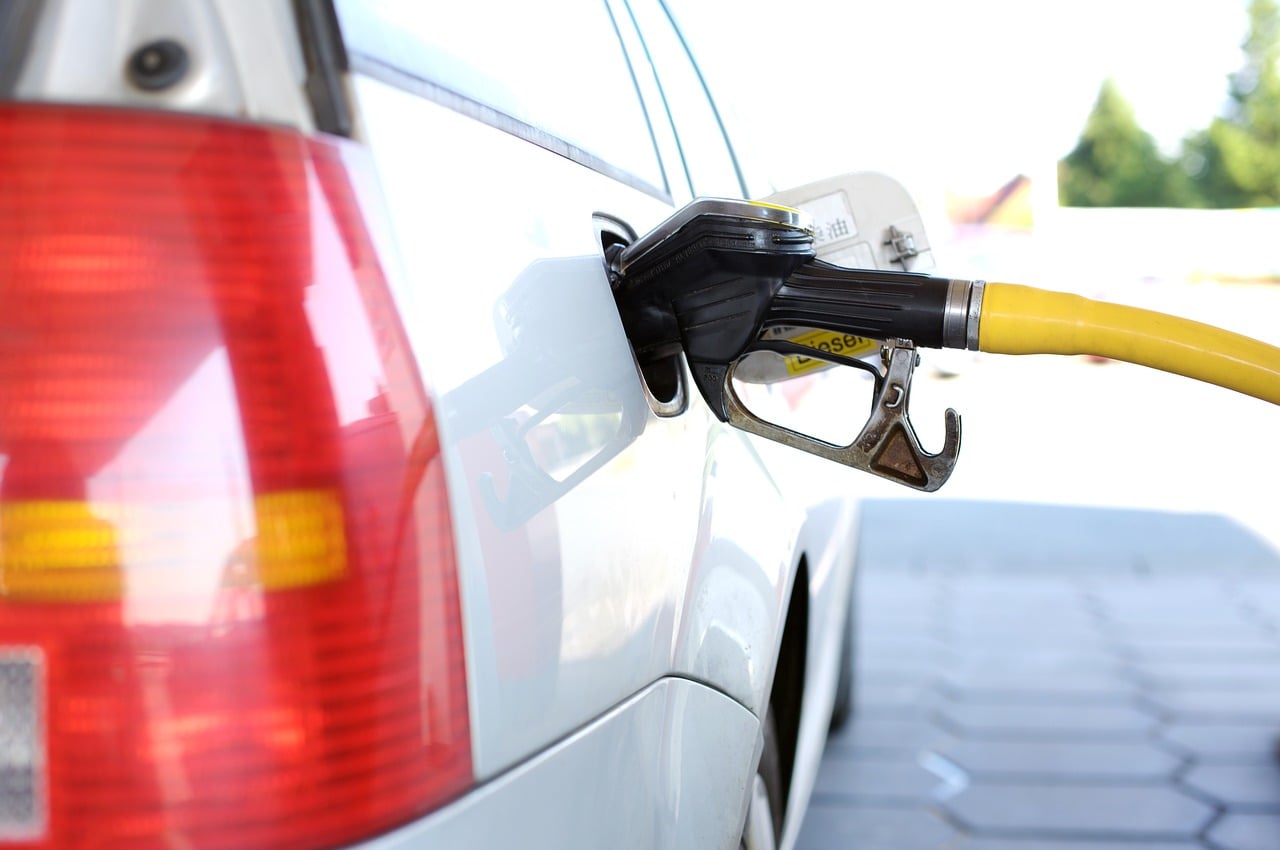Big fat Indian weddings are quite popular around the globe, but one not-so-fat Indian wedding hogged the limelight due to an unusual wedding gift. In this particular wedding, friends of the Indian groom gave the newlyweds 5 liters of petrol, which is significant because petrol prices have been skyrocketing there recently.
5 liters of petrol as a wedding gift
The wedding took place in the Indian state of Tamil Nadu, where the price of petrol is among the highest in the country. Tamil television channel Puthiya Thalaimurai released a 39-second video clip of the wedding showing the Indian groom, his friends, the bride and the wedding gift: a can containing 5 liters of petrol.
Prabhu alias Prabhakaran was the one who presented the 5 liters of petrol to the Indian groom. The unusual wedding gift was a pleasant surprise for all and soon caught the attention of the guests present in the marriage hall. He said his objective behind giving the 5 liters of petrol as a wedding gift was to raise awareness about the rising petrol prices in the country.
“We were waiting at a retail petrol bunk outlet to fill fuel,” said Prabhakaran, a student at Tamil Nadu Music and Fine Arts University, according to The Hindu. “I was moved by the plight of the people reeling under the skyrocketing fuel prices. We immediately decided to gift a can of petrol to the couple.”
The TV channel that showed the clip from the wedding also showed the current petrol prices, which are hovering around Rs85 per liter (approx $1.10) in Tamil Nadu.
Petrol makes a good wedding gift these days. Look at how happy the groom and bride are. ? #PetrolDieselPriceHike pic.twitter.com/a7DxK91IWZ
— Prashanth Venkataramana (@prashanthramana) September 17, 2018
The story about the Indian groom and bride accepting the 5 liters of petrol as a wedding gift soon went viral, triggering hilarious reactions across the Internet.
Growing concern for the Indian government
Though giving 5 liters of petrol as a wedding gift aroused laughter, it also raises a serious issue. Fuel prices in the country are steadily rising, primarily due to rising crude oil prices (around $80 a barrel) and the weaker rupee.
The Indian rupee, which is the worst-performing Asian currency this year so far, has played a major role in pushing fuel prices to record highs. With the rising fuel prices, discontent among the general public is also on the rise, and with general elections less than eight months away, it could create havoc for Prime Minister Narendra Modi’s ruling Bharatiya Janata Party (BJP).
So far, the government has resisted cutting fuel prices over fears of losing tax revenue and missing budget goals, but sensing the gravity of the situation, the BJP assured citizens that the government will soon come up with a plan to stabilize fuel prices. The problems for the Modi administration could worsen going forward due to the impending U.S. sanctions on Iran, which may increase fuel prices even more.
Not only do Indian refiners pay for crude oil in U.S. dollars, gas station prices are also based on the U.S. dollar. This exposes the country to further risks of foreign exchange fluctuations, and it is not just the fuel price itself that concerns the government right now. Rising fuel prices could also push consumer prices up, which could force India’s central bank to come up with policies to curb inflation, affecting growth in the process as well.
Government taxes are a major component of fuel cost
Crude oil is the biggest import item for India. For both central and state governments, taxes on petrol and diesel are an important source of revenue, and they represent a major portion of fuel costs. The central government earns money by levying a customs duty, excise duty, and tax on petrol and diesel, while states earn money through sales tax or a value added tax (VAT).
In India, crude oil is subjected to a 2.5% customs duty, 20% oil industry development cess, and Rs50 per metric ton as the National Calamity Contingent Duty (NCCD). All these taxes bring the government big revenue. Unlike the excise duty, which is based on a fixed rate, the VAT is ad valorem, meaning, the amount rises if prices go up, thus bringing even more revenue to Indian states when fuel prices are rising.
Presently, the excise duty is Rs19.48 per liter on petrol. It must be noted that the Modi government has raised the excise duty on fuel nine times but lowered it only once by Rs2 per liter last year.




